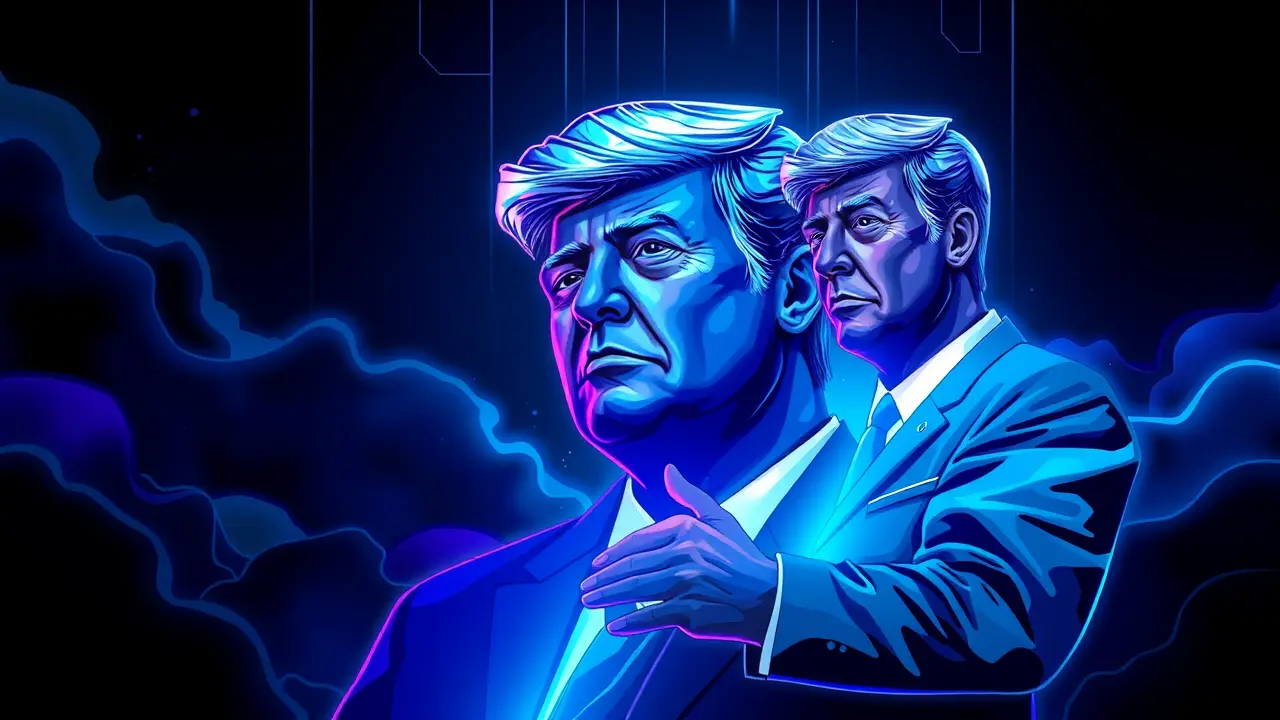
PoliticsdiplomacyBilateral Relations
Trump doubts US will enter war with Venezuela.
RO
Robert Hayes
9 hours ago7 min read
In a statement that reverberated through the corridors of power from Washington to Caracas, President Donald Trump has cast significant doubt on the prospect of the United States engaging in a direct military conflict with Venezuela, while simultaneously delivering a stark prognosis that the days of Nicolás Maduro’s leadership are decidedly numbered. This geopolitical pronouncement, delivered with the characteristic bluntness of the Trump administration, cannot be viewed in isolation; it is the latest move in a high-stakes chess match that has gripped the Western Hemisphere for years.To understand the full weight of this declaration, one must look back to the pivotal moment in January 2019 when the United States, followed by dozens of other nations, formally recognized opposition leader Juan Guaidó as the legitimate interim president of Venezuela, effectively declaring Maduro’s 2018 re-election a sham. Since that diplomatic rupture, the U.S. has employed a strategy of escalating pressure, layering on crippling economic sanctions targeting the vital oil sector—the lifeblood of the Venezuelan economy—and indicting Maduro and his inner circle on narco-terrorism charges, all while repeatedly insisting that 'all options are on the table.' Trump's latest comments, however, suggest a subtle but critical recalibration of this posture, leaning away from the specter of overt military intervention and toward a continued reliance on maximum pressure and internal collapse. This approach finds historical parallels in Cold War-era standoffs, where superpowers often sought regime change through economic strangulation and proxy support rather than direct invasion, a tactic that carries less immediate political risk but inflicts profound humanitarian cost on a civilian population already enduring hyperinflation, mass exodus, and crippling shortages of food and medicine.The situation on the ground is a tinderbox, with Maduro maintaining a tenuous grip through the unwavering support of the military high command and key international allies—namely Russia, which has deployed military personnel and invested in oil assets, and China, a major creditor whose continued financial lifeline is essential for the regime's survival. Any miscalculation by either side carries the risk of sparking a regional conflagration, potentially drawing in neighboring Colombia, which hosts millions of Venezuelan refugees and has its own fraught history with Caracas.Expert analysts are divided on the timeline and mechanism of Maduro's potential ouster; some foresee a palace coup led by disaffected military figures seeking an exit from the nation's economic freefall, while others warn of a protracted, Syria-like stalemate that could further fracture the country. The ultimate consequence of Trump's 'waiting game' strategy is a prolonged and deepening human tragedy for the Venezuelan people, whose fate remains hostage to a geopolitical struggle for influence in a nation sitting atop the world's largest proven oil reserves. The path forward is shrouded in uncertainty, but the President's words have once again defined the boundaries of a conflict where diplomacy, coercion, and the desperate hopes of a nation hang in a delicate and perilous balance.
#featured
#Donald Trump
#Venezuela
#Nicolás Maduro
#US foreign policy
#regime change
#conflict speculation
Stay Informed. Act Smarter.
Get weekly highlights, major headlines, and expert insights — then put your knowledge to work in our live prediction markets.
Related News
© 2025 Outpoll Service LTD. All rights reserved.













